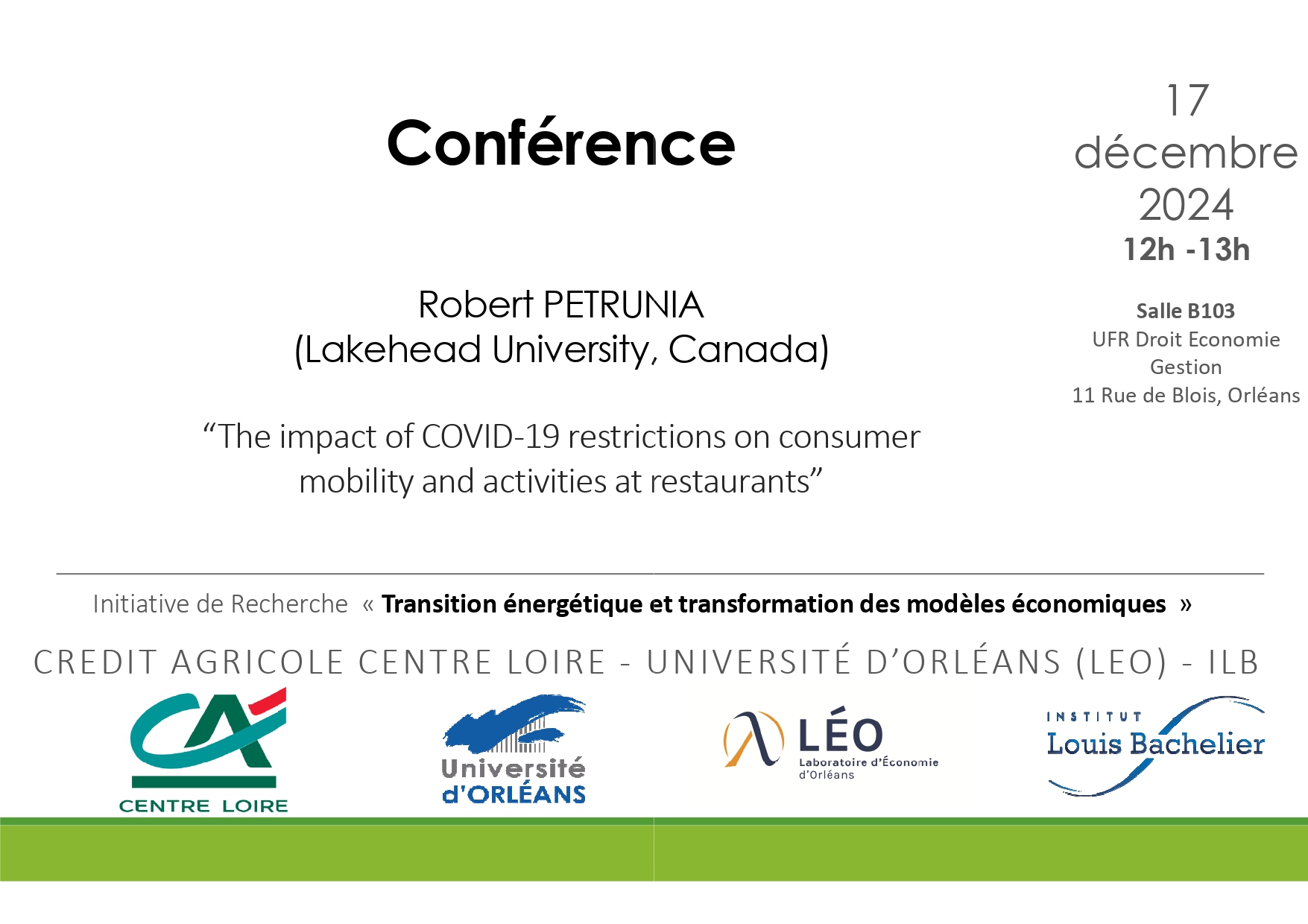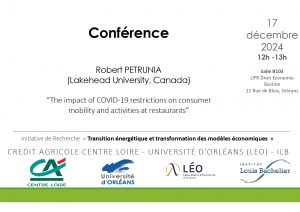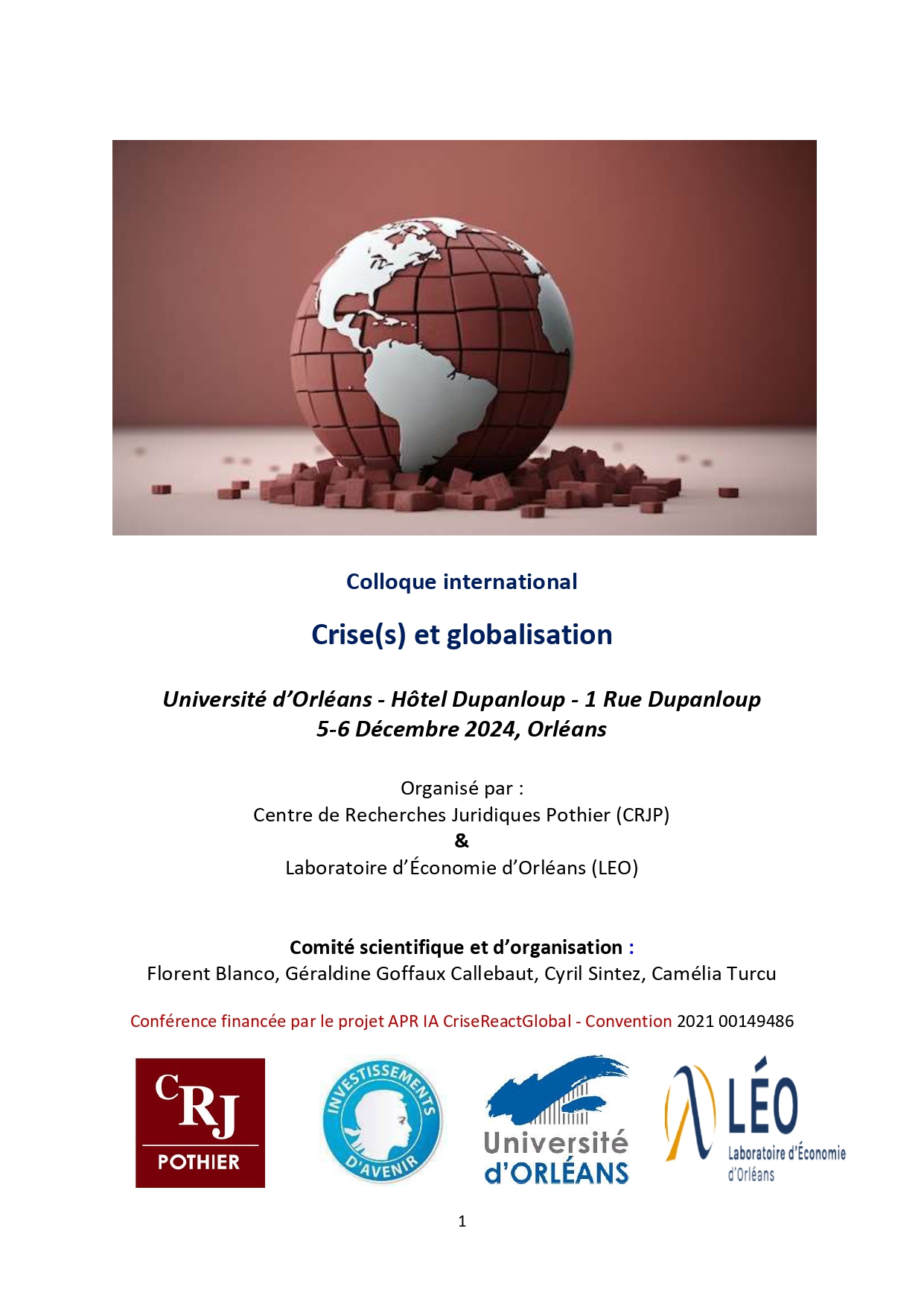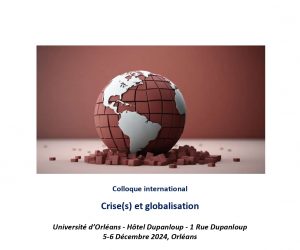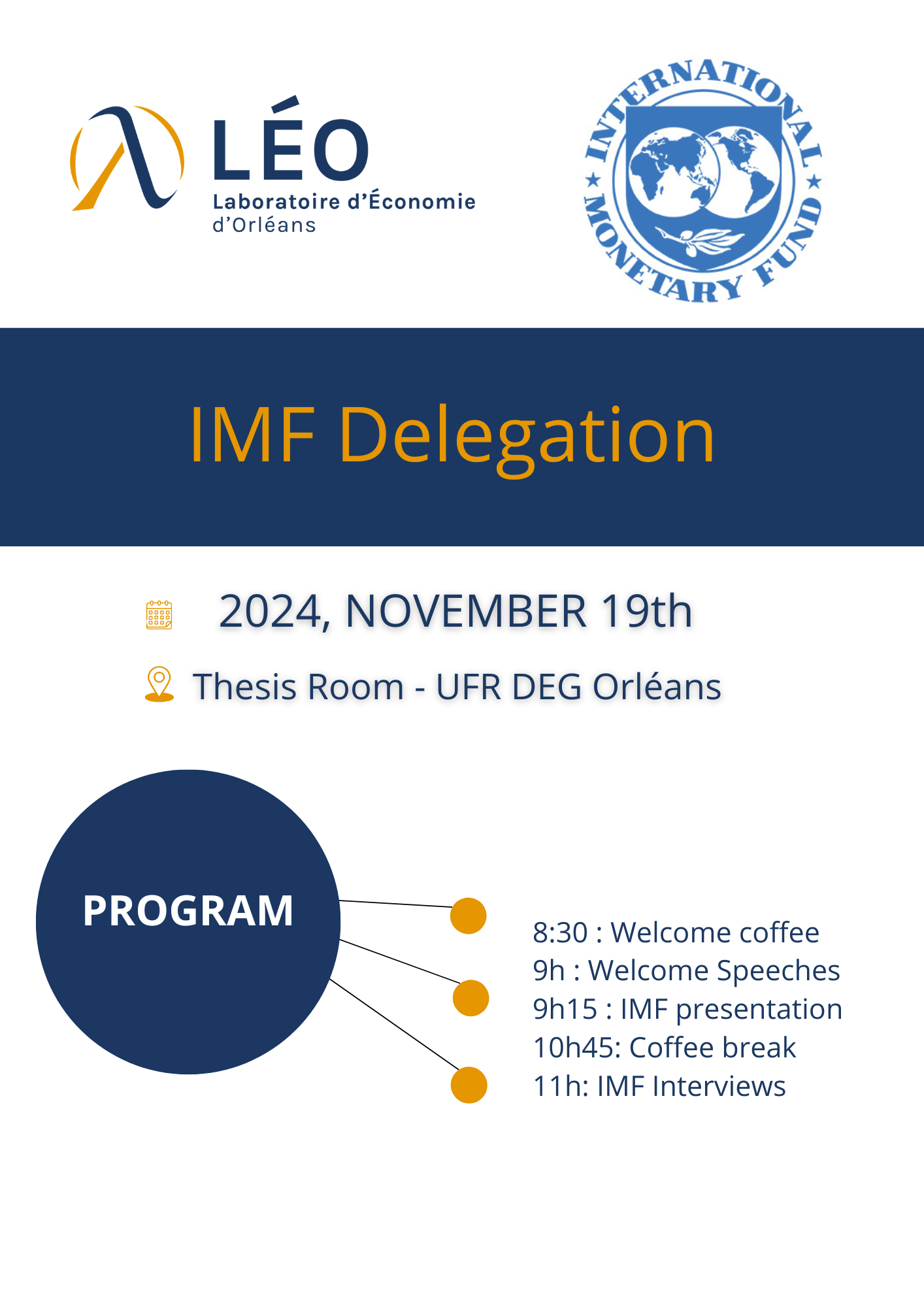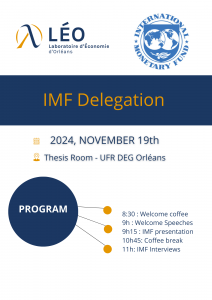Market disappointment with central bank announcements
Date : Jeudi | 2024-09-26 à 12h30
Lieu : Salle des thèses
Lien TEAMS : Cliquer ici pour rejoindre le séminaire du LÉO
Matthieu Picault (LEO, Université d’Orléans)
We build an index of market disappointment with central bank announcements for both the Fed and the ECB. To detect such disappointment, we draw on articles from key financial newspapers and employ text-mining methods to identify sentences conveying such disappointment. Our index enables us to uncover new facts about the market response to central bank announcements. First, we document that disappointment with central bank announcements are frequent (about 20% of the announcements) and predominantly stem from the absence of easing measures. Second, we find that market disappointment leads to changes in monetary policy rule perceptions quicker than previously documented using standard surprise measures. Third, we observe that market disappointments lead to declines in stock returns and increases in volatility over the subsequent days. These effects are economically significant and present for both the Fed and the ECB, controlling for standard monetary policy surprise measures. The reversal pattern and additional analysis point to investor sentiment as a key factor behind these effects.



